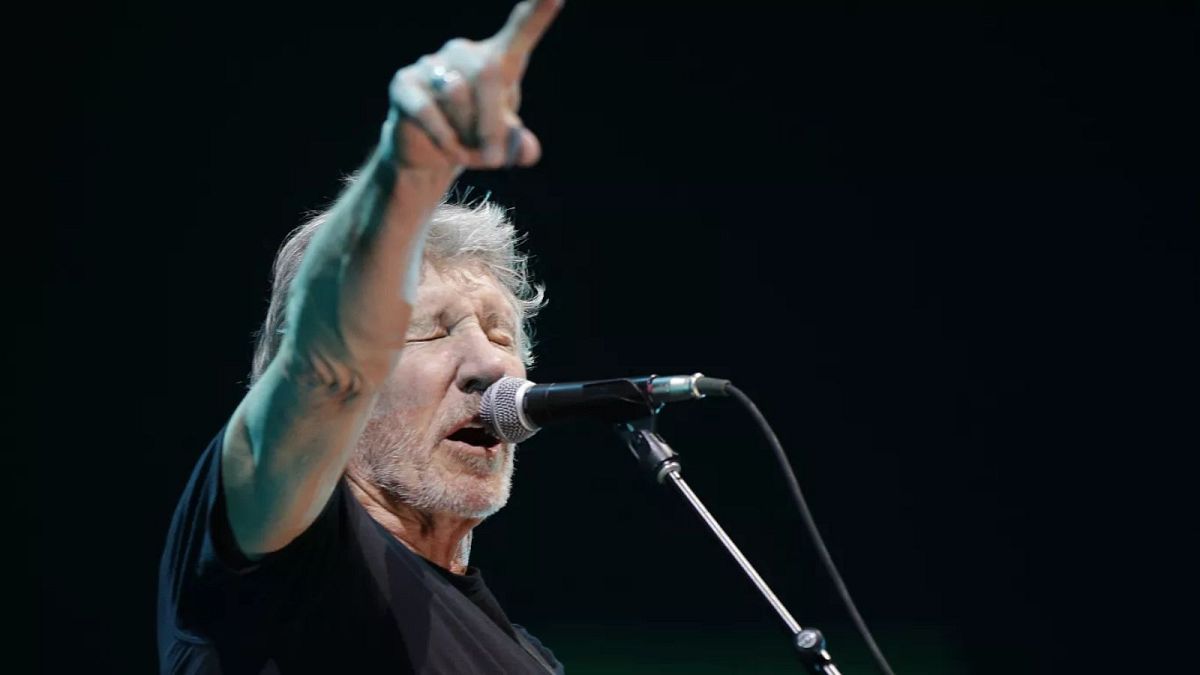

In an interconnected world bustling with diverse narratives, recent events highlight the complexity and interwoven nature of justice, representation, and historical accountability. This peaceful exploration endeavors to unravel and present these stories, each contributing uniquely to the global dialogue.
Beginning on the international stage, the International Criminal Court has issued warrants for key leaders of the Taliban, underscoring a pivotal moment in the ongoing struggle for gender equality. The warrants accuse Haibatullah Akhundzada, the Taliban’s supreme leader, and Abdul Hakim Haqqani, the Afghan chief justice, of perpetrating crimes against humanity. The charges focus on policies alleged to have systematically deprived Afghan women and girls of basic rights such as education, freedom of movement, and expression. This significant development is hailed by activists worldwide, marking a step toward ensuring accountability for actions impacting human rights.
Meanwhile, in the realm of cultural integration and awareness, Mattel’s introduction of a Barbie doll with Type 1 diabetes, championed by fashion icon Kate Moss’s daughter, exemplifies a shift towards embracing diversity in children’s play. This pioneering product aims to foster greater inclusion and representation by mirroring the lived experiences of children with diabetes. It symbolizes a positive move towards dismantling stereotypes and providing all children with relatable role models, thereby nurturing an environment of understanding and empathy from a young age.
In a different yet equally resonant sphere of influence, former Pink Floyd member Roger Waters faces possible legal action due to his vocal support for Palestine Action, now labeled as a terrorist organization in the UK. Waters’ defense of Palestine Action, denouncing its terrorist designation, kindles a discourse on the intersection of artistic expression, activism, and legal boundaries. The unfolding scenario highlights the nuanced challenges artists face when their outspoken views clash with prevailing legal definitions.
Further echoing the theme of historical reflection, the legacy of l’abbé Pierre, a revered figure within the French charitable landscape, is reconsidered in light of new allegations of sexual misconduct. A report by the specialized firm Egaé has surfaced twelve new allegations, including those involving minors, bringing the total to 45. In response, Emmaüs and the Conference of Bishops of France have announced financial reparations for victims, illustrating a broader societal shift towards reconciliation and accountability for historical transgressions.
Each of these narratives unfolds a critical chapter in humanity’s collective journey towards justice, representation, and remembrance. As they evolve, they encourage a reflective dialogue, underscoring the persistent call for awareness and engagement in shaping a more equitable and inclusive future. Through calmness and empathy, understanding these stories becomes not only a journalistic endeavor but an invitation to partake in global healing and growth.
Source: {link}
